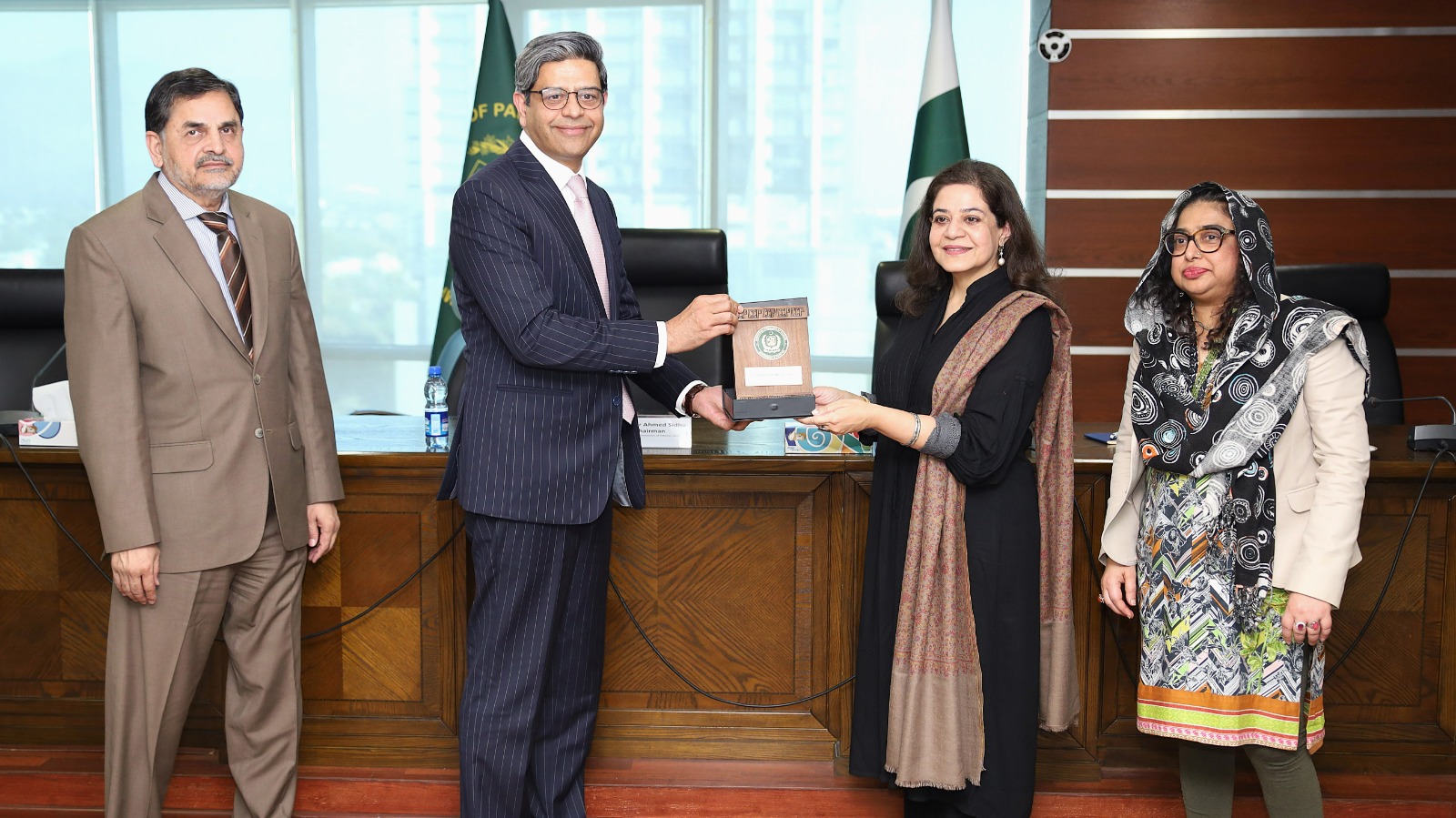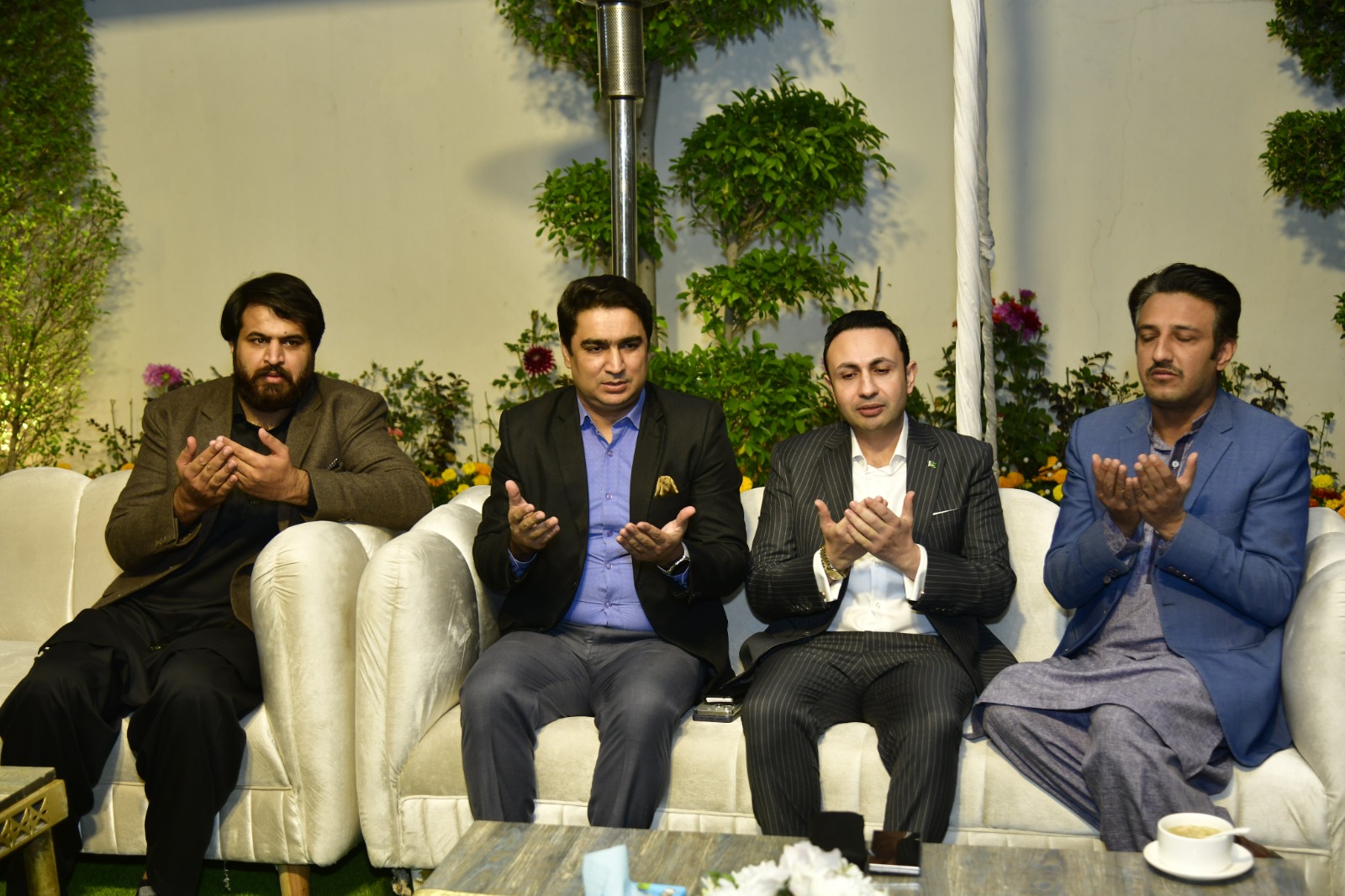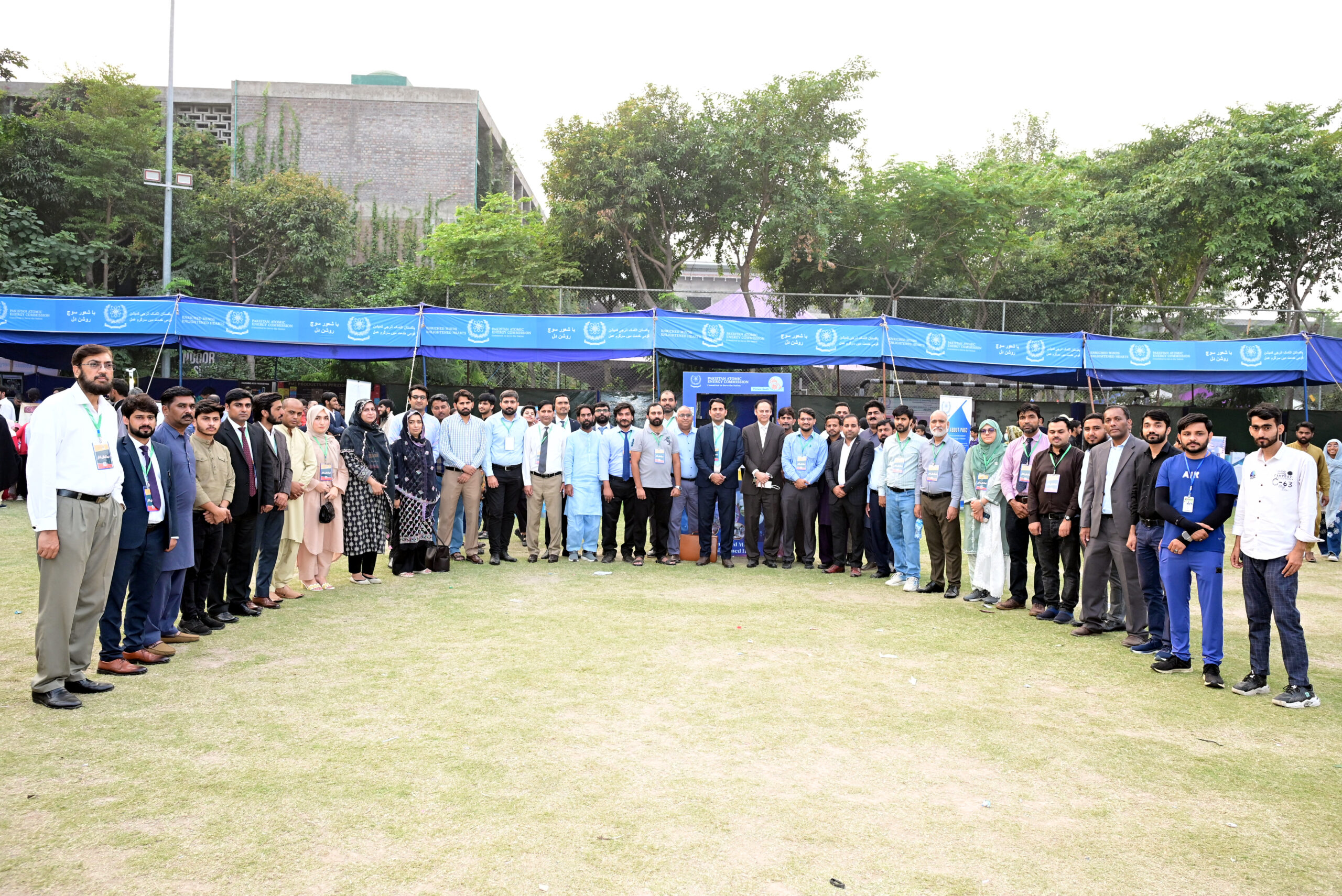ISLAMABAD: The Competition Commission of Pakistan (CCP) organized an insightful capacity-building lecture on “Cartel Screening and Detection Methods” to explore cutting-edge techniques for identifying anti-competitive practices in today’s markets.
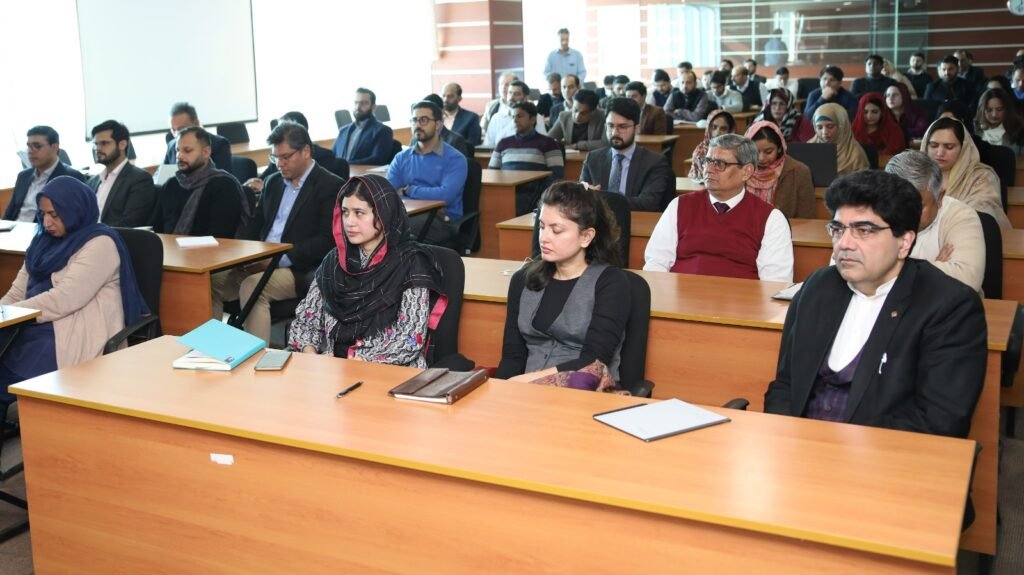
The session featured Dr. Amber Darr, a Lecturer in Competition Law at the University of Manchester (UK) and Senior Research Fellow at the University College London (UCL) Centre for Law, Economics and Society.
The session aimed at equipping participants with a deeper understanding of how to identify markets prone to collusion, detect cartels in the digital age, and apply methods of both behavioral and structural screening to identify anti-competitive behaviors. A large number of officers from the CCP and other regulatory bodies attended the session, benefiting from Dr. Darr’s extensive expertise.
Dr. Darr began started with an overview of history and evolution of competition laws, particularly in South Asia. She emphasized that competition laws are designed to prevent businesses from entering into agreements that restrict trade and hinder equal opportunities for all participants in the marketplace. As trade techniques evolve, competition laws must adapt to keep pace with global market changes.
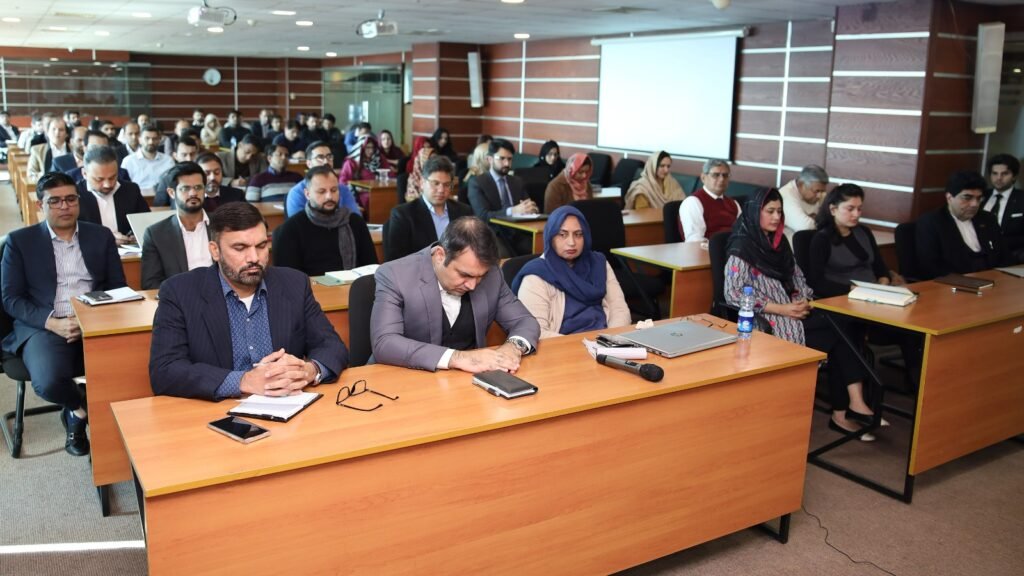
In her discussion of cartels, Dr. Darr explained that cartels misuse limited resources, leading to economic inefficiencies. By stifling competition based on quality and price, cartelization discourages innovation. It also creates significant barriers for new businesses and foreign investors, resulting in a “deadweight loss” for the economy.
Dr. Darr emphasized the need to identify and monitor sectors prone to cartelization, such as cement, food, and consumer goods, with a focus on pricing behaviours. She pointed out that trade associations are sometimes used to facilitate or mask collusive behavior, making it crucial for competition regulators to monitor the activities of these associations, including screening their meeting minutes.
She also stressed the importance of advocacy in spreading awareness about the negative impacts of cartelization on both the economy and the business community. Dr. Darr urged the CCP to increase its advocacy efforts and engage more closely with markets and industries to promote fair competition.
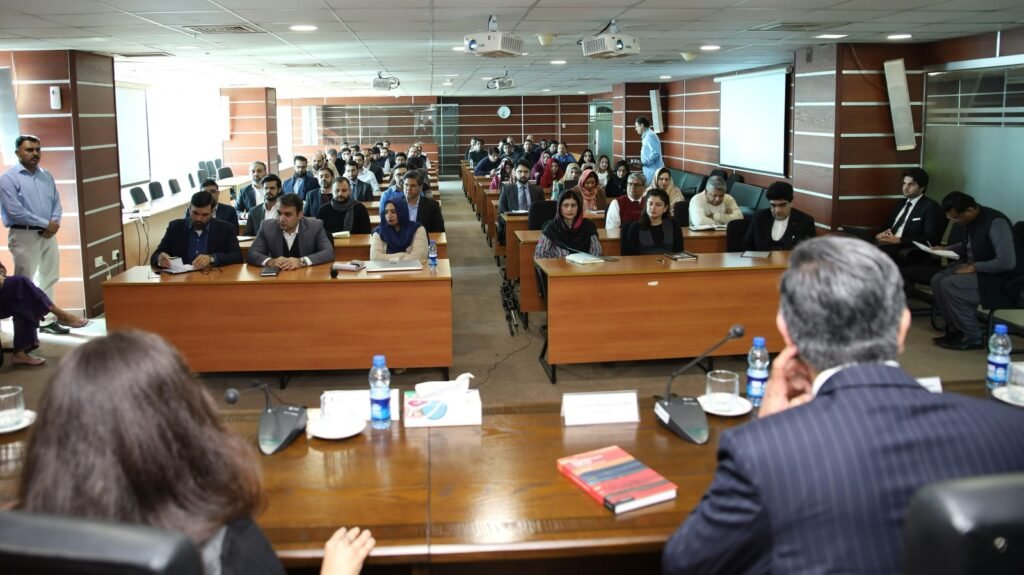
The session concluded with an interactive Q&A, where Dr. Darr answered various pertinent questions from the participants, further enriching the discussion. Earlier, Dr. Kabir Ahmed Sidhu, Chairman CCP warmly welcomed Dr. Darr and commended her remarkable contributions to the field of law and academia. Dr Sidhu emphasized the importance of such expert-led sessions in advancing CCP’s mission to enhance competition law enforcement in Pakistan.


